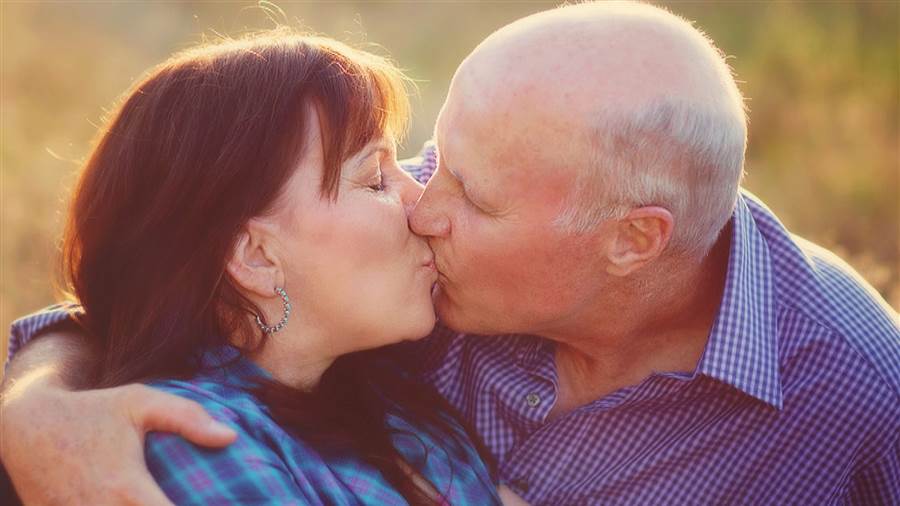Should A Cancer Patient Avoid All Types Of Intimate Activity?
Well, in general the answer is no, that there is no risk to others either from the cancer or from the treatments. You should probably feel free to hug, kiss, whatever.
Of course there are exceptions to every rule.
If a patient has been injected with a radioactive isotope for treatment or for scanning, the nuclear medicine staff will issue guidelines to avoid close contact with someone who is pregnant for a period of time which may be 1–3 days on average.
Patients on chemotherapy are often advised by staff to flush their toilet twice at home with the lid closed. This never made sense to me. There are only a few chemotherapy drugs that are not metabolized by the liver to inactivity and that are excreted in active form directly by the kidneys into the urine (cyclophosphomide most commonly comes to mind) and no one that I’m aware of plays in, bathes in or ingests water from the toilet bowl.
It’s an OSHA requirement at chemotherapy clinics to post signs in the restrooms regarding flushing twice. How does OSHA come out with that recommendation? Why not 5 times? Does it matter what the water volume and flushing power of the particular toilet is? It’s an absurd recommendation.
There are some treatments that are highly mutagenic like Thalidomide so male patients are required to be educated to use a condom when having sex with someone who might be potentially pregnant. Some centers recommend a condom for two days or even up to a week after chemotherapy infusion but it’s unclear whether that’s based on any kind of evidence or is merely a pronouncement from the legal department.
It’s always easier for treatment centers and pharmaceutical companies to have a “cover our butt” mentality and proclaim generous and unsubstantiated precautions for everything and anything. But the large majority of chemo, immunotherapy and targeted therapies don’t pose a meaningful risk to others.
I think that this kind of attitude can be very harmful. Cancer patients already feel guilty enough for somehow contributing to their diseaese and for putting family members through the wringer without the added burden of the potential that they are putting loved ones through some kind of harm.
Please feel free to hug and kiss away. Plenty of chemotherapy infusion nurses are hugged and kissed by patients finishing a chemotherapy infusion multiple times a day.


























